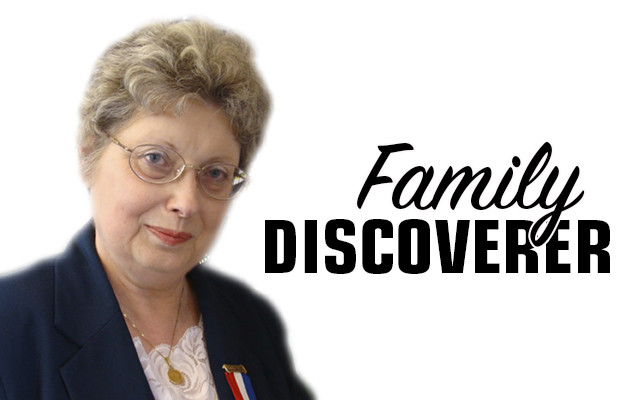
Finding your ancestors’ friends
By Nancy Battick
Friends are important to all of us. Very few move through life without acquiring close friends. This was also true of our ancestors. Often these friends were as close or closer than family members. They offered a support system, functioned as confidants and advisers, and provided a listening ear. Finding your ancestors’ friends can be a vital part of your family research.
Finding an ancestor’s friends or their descendants can involve some detective work, but it’s worth the time and effort involved. If older family members are still alive, they are reliable sources for the names of a close friend of the family or of one member of the family. It may be a neighbor, school chum, fellow soldier, sailor, or even a particular relative, such as a cousin.
If there’s no living relative to help, you can search for clues among items that belonged to your ancestor. Are there photos with names on the back, such as “Judy and Jane at the fair”? Perhaps there are postcards or letters, greeting cards or diary entries. High school yearbooks may also offer clues.
Don’t forget local resources such as the library, historical society, the town historian (most towns had one who seems to know everything about everybody), and any other resources that may survive.
There are also ethnic friendships. If your ancestor was Irish, for example, they may well have made friends among other Irish. If your ancestor lived in a small town, it may be easier to trace friendships through the local newspaper. Friends often played sports together and were involved in the same church or school activities. Earlier newspapers often held gossipy items about people, including who visited a family or who they visited, or when children did something together. Don’t neglect these clues.
Once you’ve identified close friends, it’s time to research that individual and their family. You’ll be looking for a chance to talk to someone who knew your relative or tracing the friend’s descendants who may have material of their own, such as letters, photos and other records that mention your ancestor. Oral memories may have been passed down in families, such as recollections of pranks or mischief that your ancestor and friend got into.
Once you’ve got a list of friends, check out the U.S. censuses to determine if they lived near your family or if they would have been in the neighborhood and therefore probably attended the same school. This is especially easy to determine if they lived in a rural area where children attended one-room schoolhouses. Friendships on the playground during recesses often developed.
Once you’ve identified an ancestral friend, try to contact their descendants. Ask them for anything they recall or any photos or documents they might have that would help you in your quest.
While finding friends takes work, you can reap great rewards and learn more about your ancestor and his/her life. And any tales of mischief are particularly fun to discover.
Columnist Nancy Battick of Dover-Foxcroft has researched genealogy for over 30 years. She is past president of the Maine Genealogical Society, author of several genealogical articles and co-transcribed the Vital Records of Dover-Foxcroft. Nancy holds an MA in History from UM. Reader emails are welcome at nbattick@roadrunner.com.